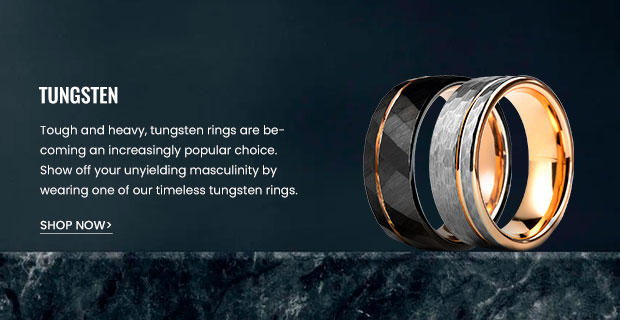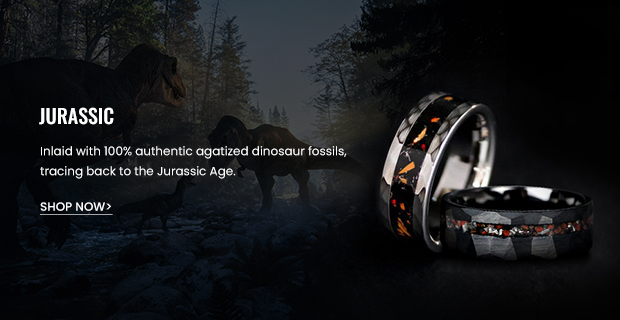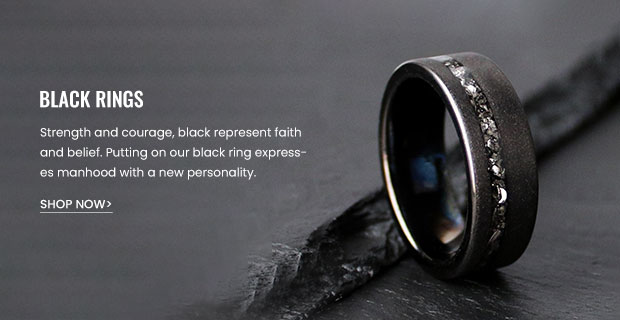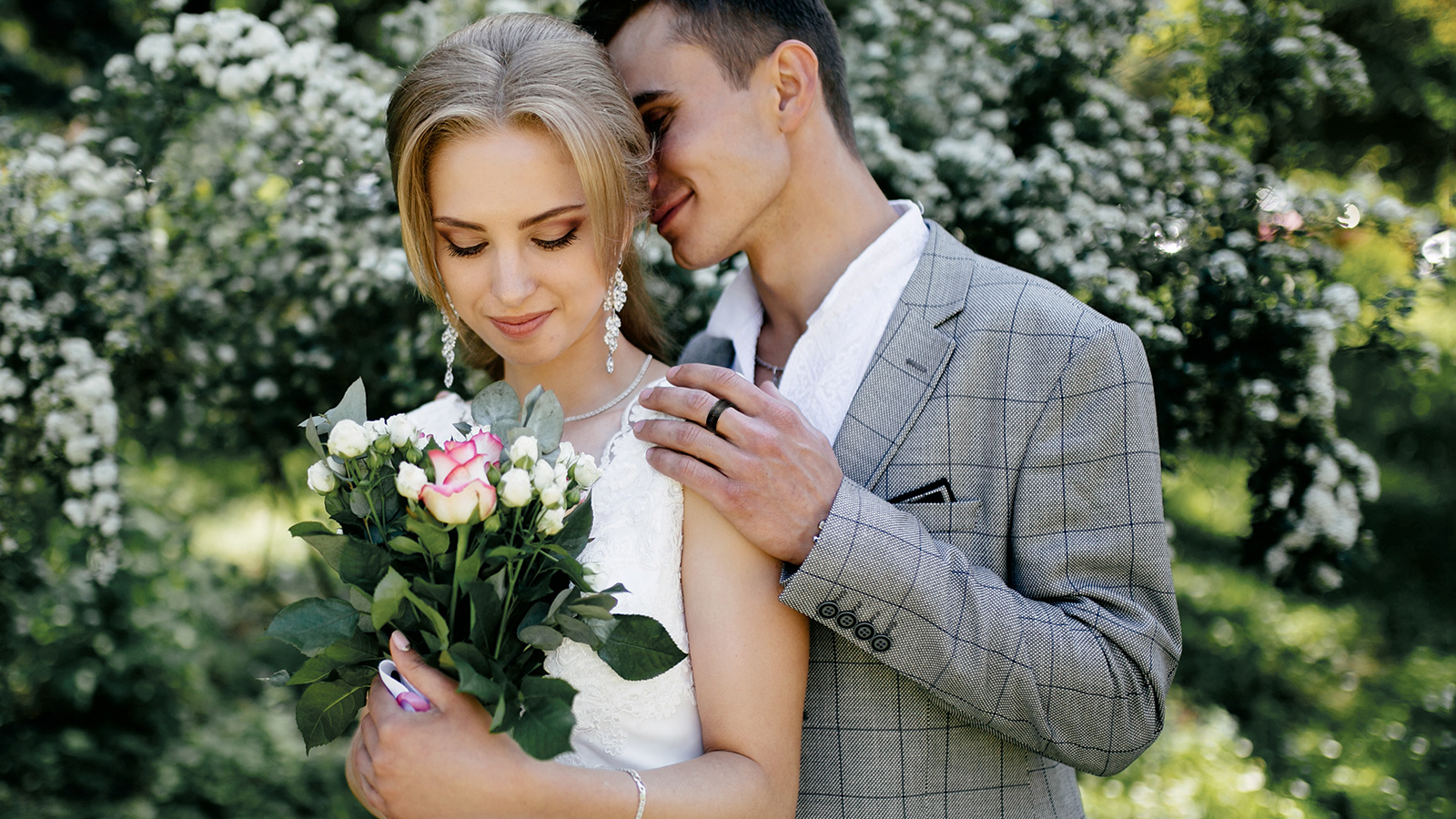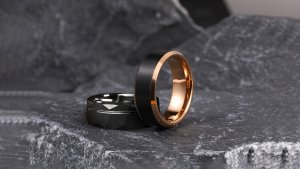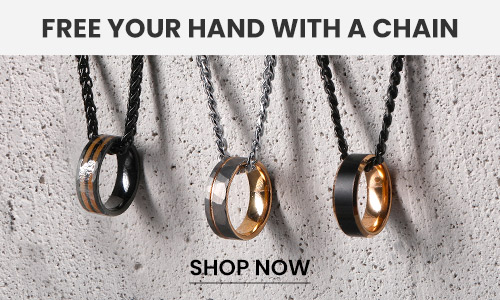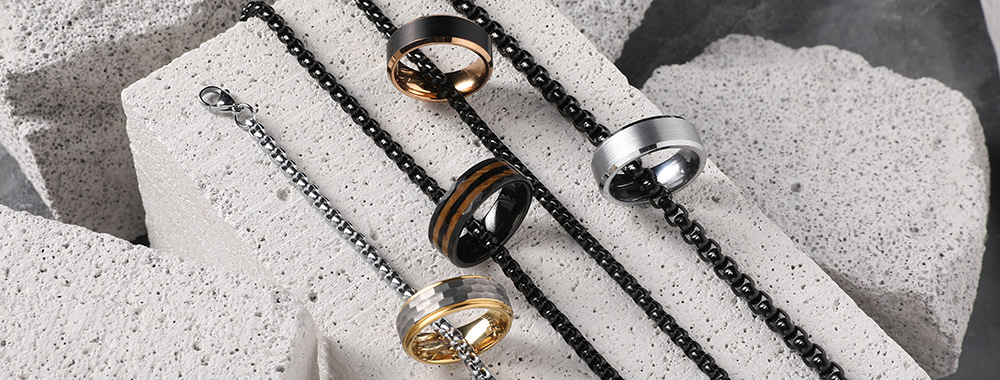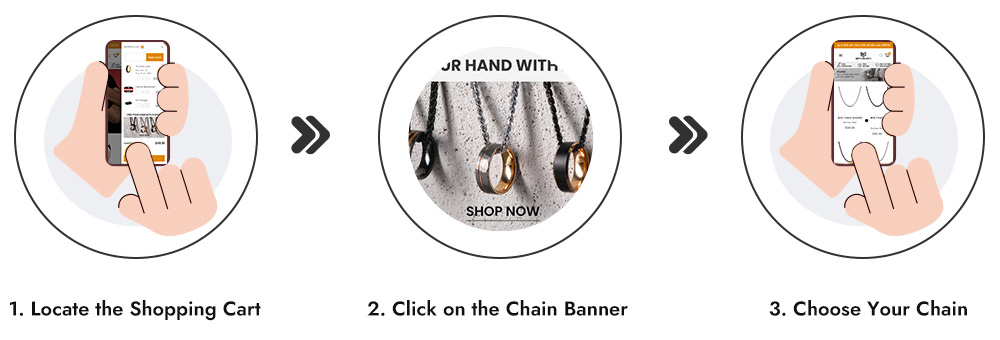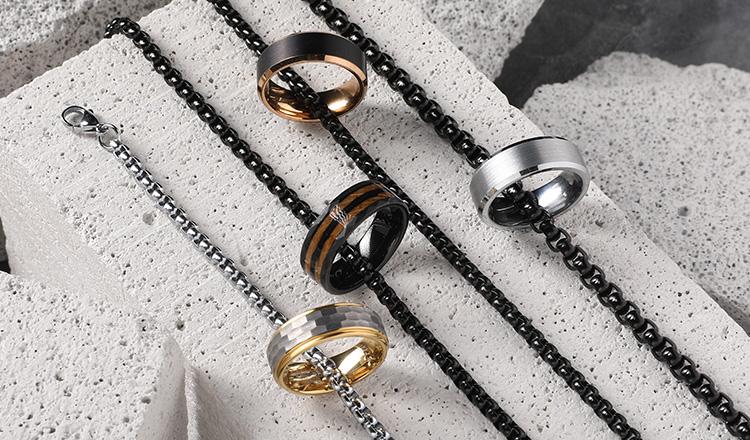Men wedding bands now offer more personal flair beyond just denoting marital status. With an expanded selection of metals, finishes, and designs, everything from the ring’s shape to any diamond additions makes a unique statement. Before getting engaged, it helps to know the different styles of bands available. Whether wanting to match your future spouse or stand out solo as a groom, read on for an overview of the options.
Wedding Band Shapes & Styles

Men’s bands come in standard dimensions but also differ based on the shape. The overall contour impacts the look and feel.
1. Round, Domed & Curved
The round or “domed” band has a curved, rounded shape for a traditional appearance. It contours to the finger and works well with a highly polished metal finish. This everlasting style remains one of the most popular men’s wedding ring choices.
2. Flat & Rectangular
Flat wedding bands have a straight edge and rectangular profile that lies flush against the finger. Their sleek shape lends well to more modern metal finishes like matte and satin.
Flat bands also allow for etching decorative patterns not visible on rounded edges. So grooms want an engraving that favors this versatile shape.
3. Beveled Silhouette
A beveled wedding band combines features from rounded and flat bands. Beveled means the edges slant inward. So you get dimension as with a domed band but also strong geometric lines.
The beveled edges enable more embellishment possibilities too while remaining a comfortable fit.
4. With Added Diamonds
Any band shape can feature diamond accents for extra brilliance. Common settings include u-prongs with solitary stones, multiple diamonds in rows, or a full pavé pattern.
The specific diamond approach balances creativity with restraint, letting the main band still shine as the star.
5. Alternative Styles
Beyond classic precious metals, some modern bands seamlessly incorporate other elements:
- Dinosaur Bone – Fossilized remnants like raptor teeth and vertebrae fossils impart rugged distinction when embedded within tungsten and titanium bands. The ancient, rough edges contrast with sleek center stripes.
- Glowstone – Also termed shimmering opalite glass, this iridescent stone reveals a spectral display as light dances across its colorful sheen. As accent stones, the versatile glow complements multiple finishes.
- Wood – Sourced from whiskey barrels, aged oak burl, and fallen antlers, wood introduces natural warmth and texture. Reclaimed sources like bourbon casks offer novelty to outdoorsmen; tree burls provide exotic grain unique as a fingerprint.
- Antler – Ethically gathered sheds from deer, elk, and moose transform into rings flaunting subtle cream and caramel striations. Bringing the wild yet refined splendor of the forest to the modern gentleman’s hand.
Adding unexpected dinosaur bone, glowing glass, organic wood, or antler contrasts traditional metals for rings as distinctive as the groom.
Common Metal Types & Finishes of Wedding Bands
A man’s wedding band metal and surface finish create distinct aesthetics. Metals contrast warm traditional gold against cool contemporary platinum and titanium. Finishes range from bright polished mirrors to muted hammered mosaics.
1. Metals – Warm, Cool and Indestructible
- Yellow Gold – This cherished precious metal gives off enduring old-world vibrancy thanks to its warm golden tone. Higher 18k or 24k gold content makes bands buttery and brilliant, perfect for complimenting golden skin tones.
- White Gold & Platinum – Both white gold and rugged platinum give off a sleek modern silver-hued shine ideal for cooler complexions. Platinum exceeds in resilience – slowly amassing a patina over decades of committed wear. Its tarnish resistance and dense durability surpass softer golds.
- Rose Gold – The romantic pink glow of 14k or 18k rose gold pairs attractively with nearly all skin tones, beautifully amplifying existing undertones. Its vintage charm delights modern minimalists with its muted metallic gleam.
- Tungsten & Titanium – For those wanting supreme scratch protection during active lifestyles, ultra-hard tungsten and titanium deliver. Their unmatched strength ratings resist dents, chips, and fading better than traditional metals.
2. Finishes – Mirrors, Textures and Depth
- Polished – As the most light-reflective option, smoothly polished bands shine clearly with crisp brilliance. Their glassy mirror finish refracts rainbow glints for eye-catching elegance – equally fitting from the ballroom to the boardroom.
- Satin & Matte – For more discreet allure, satin and matte finishes softly diffuse light instead of directly bouncing it. Uniform brushed bands have fine linear grooves that catch and bend light gently rather than flashy mirrors. The matte effect exhibits refined taste.
- Hammered – Skilled artisans employ thousands of tiny hammer indentations to forge crevice-filled contours across the surface. This uneven bumpy texture resembles a molten metal mosaic with plays of highlights and shadows. The dimensional dimpling adds intrigue.
What to Consider When Picking Your Wedding Band

Selecting a lifelong band deserves consideration beyond just style. How, where, and when you’ll wear your distinctive ring impacts fit, comfort, and durability over decades of memory.
1. Lifestyle & Hobbies
If extremely active or working with your hands, pick ultra-hard metals like titanium or tungsten to resist dents or finishes that help hide scratches. Smooth gentle contours add comfort for frequent wear.
2. Pattern & Width
Engraved messages, etched patterns, and decorative diamond accents require adequate surface space on slightly wider bands – almost a canvas awaiting personalization. If seeking multiple custom details, ensure band dimensions can showcase them.
3. Seasons & Occasions
Some metals and colors feel more fitting for professional events or cooler weather outfits, while others charm as weekend wedding bands. Mix and match or maintain cohesion swapping rings for yellow gold in summer, and darker metals in winter months.
4. Future Changes
As budgets allow over upcoming anniversaries, consider potential band additions – engraving important dates inside later, adding diamond accents, resizing to exactly match changing finger proportions over time. Account for these shifting plans when first selecting a style.
5. Budget
Wedding bands vary greatly in price. Have a budget in mind and find rings fitting within that, as some modern metals and accented diamonds cost several thousand dollars. Establish an amount both comfortable to spend and indicative of band meaning.
6. Partner Preference
If wanting bands to coordinate aesthetically or match exactly, discuss favorite styles to align – especially if surprising them with an initial purchase. Compromise if you love yellow gold but your partner prefers white metals overall. Accommodating preferences respect the mutual symbol.
Factoring in hand size, work environment, engraving goals, wardrobe, budgets, and partner preferences helps narrow down suitable choices. This ensures the ring flashes as a unique lifelong symbol of devotion during life’s big celebrations and quiet little moments between partners.
Finding the Perfect Fit

While personal taste matters most, certain practical factors help fine-tune wedding band selections.
1. Determine Your Ring Size
Most men fall between size 9 and 10 rings. To confirm your exact size, consult a sizer chart and measure the correct finger width. This prevents an uncomfortable loose or tight fit.
2. Left-Hand Tradition
Wearing wedding bands on the left ring (fourth) finger stems from old beliefs about a “lover’s vein” running there from the heart. While many abide by this tradition, right-hand bands grow increasingly popular too.
3. Get the Perfect Style
Beyond fitting preferences, decide details like:
- Metal color – Does yellow or white gold, titanium, etc. match your style?
- Width/thickness – Bulkier bands or thin and discrete?
- Added embellishments – Engrave meaningful words or names.
- Matching your partner’s if coordinating
Discussing these style factors will lead to selecting a ring that aligns with personal taste and decorating desires for meaningful symbolism of your union. Finding that perfect individual or complementary fit as a couple displays unity.
Finalizing Your Marital Commitment in Metal
Carefully consider style and symbolism when selecting a band commemorating marriage. Choose metal types like traditional yellow gold, romantic rose gold, contemporary white metals, or indestructible titanium and tungsten. Then decide between domed, flat, or beveled shapes based on preference. Mix customized textures, diamond accents, and engraving details meaningful to the union. Thoughtfully crafting a unique heirloom showpiece reflecting commitment results in a wedding ring passed proudly for generations, symbolizing the special bond

